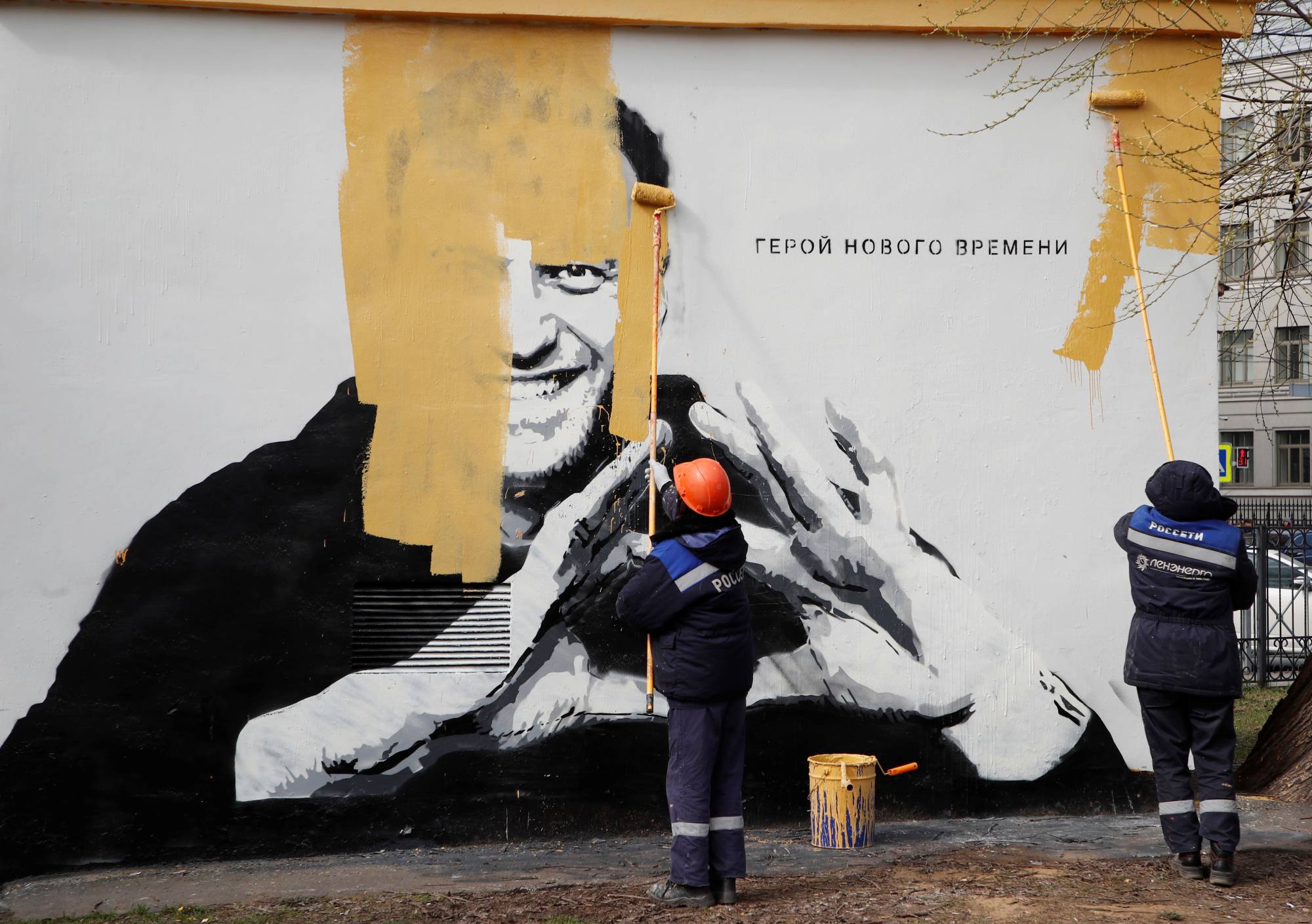A little over a year ago, while on sabbatical from the American university where I teach, I returned to my hometown, Moscow. I didn’t exactly arrive in a bastion of free speech. But it was a place where some freedom still remained.
Opposition leader Alexei Navalny traveled around the country, attempting to muster support for politicians who were not under the Kremlin’s thumb. Popular protests took place. Independent NGOs operated in the country. Journalists and analysts did not necessarily toe the Kremlin line. And the Communist Party was widely viewed as a relic of the past.
Since then, Navalny has been imprisoned and the protest movement he mobilized has been crushed. His anti-corruption foundation has been outlawed for “extremism,” and its members are under investigation or in exile. Virtually every day, another journalist, media outlet, human-rights advocate, or independent organization is listed as a “foreign agent” or — worse –— an “undesirable.”



















With your current subscription plan you can comment on stories. However, before writing your first comment, please create a display name in the Profile section of your subscriber account page.